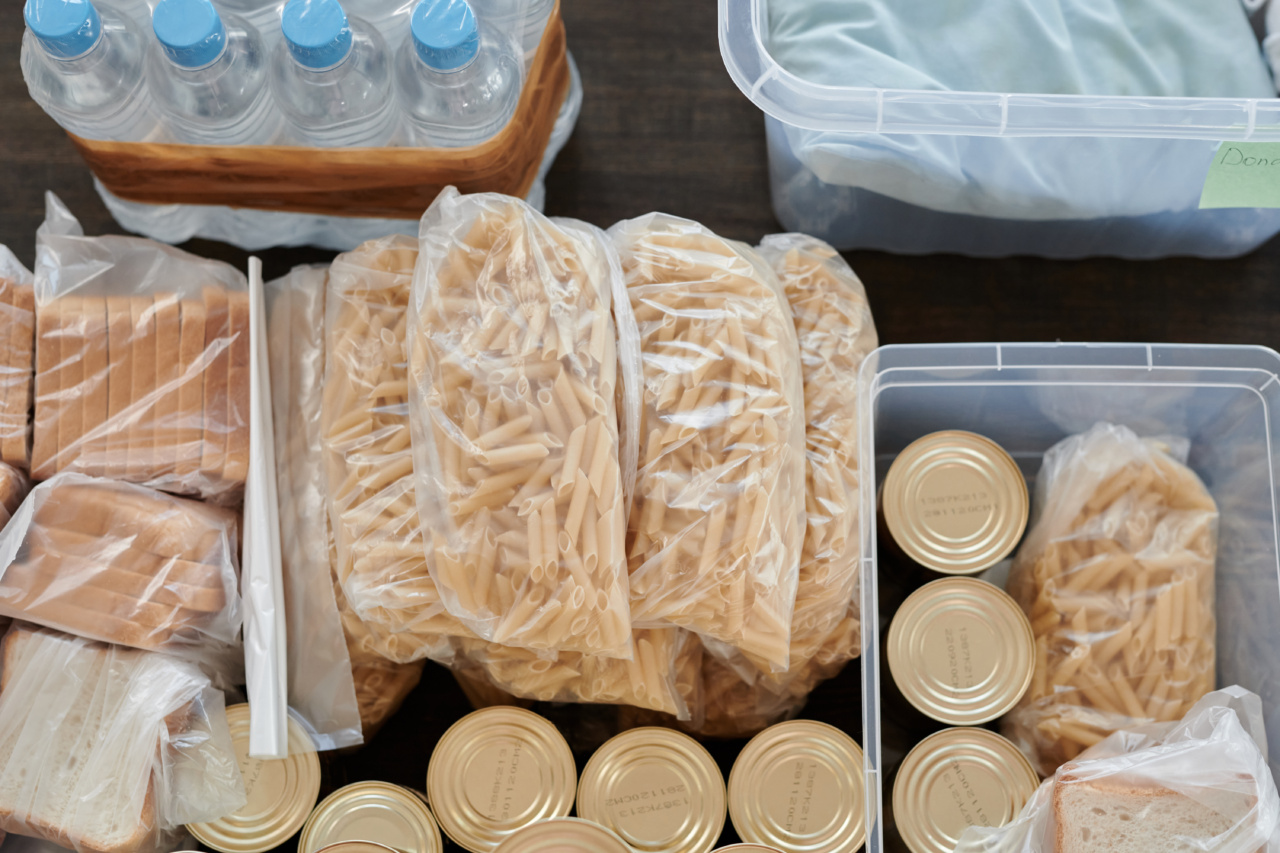When it comes to food safety, proper cooking and handling techniques play a crucial role. While many foods are safe to consume raw or undercooked, there are certain items that can be potentially poisonous if not prepared correctly.
In this article, we will discuss three such foods that can pose serious health risks if not cooked or handled properly.
The Dangers of Undercooked Poultry
Poultry, including chicken and turkey, can harbor harmful bacteria like Salmonella and Campylobacter. These bacteria are commonly found in the intestines of poultry and can cause severe food poisoning if ingested.
Consuming undercooked or raw poultry increases the risk of contracting these bacteria.
The best way to ensure poultry is safe to eat is by cooking it thoroughly. The internal temperature of cooked poultry should reach 165°F (74°C) to kill any bacteria present.
It is also important to avoid cross-contamination by using separate cutting boards and utensils for raw poultry and other foods.
Raw Eggs and the Risk of Salmonella
Raw eggs have been associated with the risk of Salmonella contamination. Salmonella is a type of bacteria that can cause food poisoning symptoms such as diarrhea, fever, and abdominal cramps.
While the risk of salmonella from eggs is relatively low, it is still crucial to handle and cook them safely.
Consuming raw or undercooked eggs is especially risky for individuals with weakened immune systems, pregnant women, young children, and the elderly. To minimize the risk of Salmonella, eggs should be cooked until the yolk and white are firm.
Avoid recipes that use raw or undercooked eggs, such as homemade mayonnaise or salads containing raw eggs.
The Perils of Undercooked Pork
Undercooked or raw pork can potentially be contaminated with the parasite Trichinella spiralis, which causes trichinellosis. This infection can lead to symptoms such as muscle pain, fever, and swelling around the eyes.
In severe cases, it can even affect the heart and lungs.
To ensure pork is safe to consume, cooking it to an internal temperature of 145°F (63°C) is essential. It is also important to let the meat rest for a few minutes after cooking before serving.
This allows the internal temperature to continue rising, effectively killing any potential parasites.
Additional Foods to Be Aware Of
While poultry, eggs, and pork are the three primary foods that can be poisonous if undercooked or raw, it is essential to be cautious with other food items as well. Here are a few examples:.
1. Fish and Seafood
Raw or undercooked fish and seafood can contain bacteria, viruses, and parasites that can cause foodborne illnesses. To reduce the risk, it is always recommended to cook fish and seafood thoroughly until the flesh turns opaque and flakes easily.
2. Shellfish
Shellfish such as oysters, clams, and mussels should be cooked thoroughly to eliminate bacteria and viruses. Consuming raw or undercooked shellfish can cause illnesses such as norovirus or Vibrio vulnificus infection.
3. Ground Meat
Ground meat, like beef or lamb, should be cooked to an internal temperature of 160°F (71°C) to kill any harmful bacteria. Consuming undercooked ground meat can lead to E.coli or Salmonella contamination.
4. Sprouts
Raw sprouts, including alfalfa, bean, and clover sprouts, have been linked to outbreaks of foodborne illnesses. It is recommended to cook sprouts thoroughly to reduce the risk of bacterial contamination.
Conclusion
While raw or undercooked foods can be enjoyable in certain dishes, it is crucial to be aware of the potential risks they pose.
Poultry, eggs, and pork, in particular, should be cooked thoroughly to prevent foodborne illnesses caused by bacteria, parasites, and viruses. Additionally, it is important to handle and cook other foods properly, such as fish, shellfish, ground meat, and sprouts, to minimize the risk of food poisoning.
By following proper cooking and handling techniques, you can enjoy a delicious and safe dining experience.



























